Description
Meeting your students’ social and emotional needs in the classroom is foundational to effective learning. It’s a difficult job among typical learners, let alone with students who have a trauma history and more demanding mental health or behavioral challenges.
Mental health expert Jennifer Bashant details how using a trauma-informed approach will greatly reduce, even eliminate, challenging behavior in your classroom. Using her practical, easy-to-use strategies based on the latest research, every educator can create a classroom where all students feel welcomed, supported, and ready to learn.
- Understand the impact of trauma on learning and behavior
- Tools to connect with all students, and foster intrinsic motivation
- Learn how to move away from points and stickers
- Strategies to build resilience and instill hope in your students
- 27 downloadable worksheets and exercises

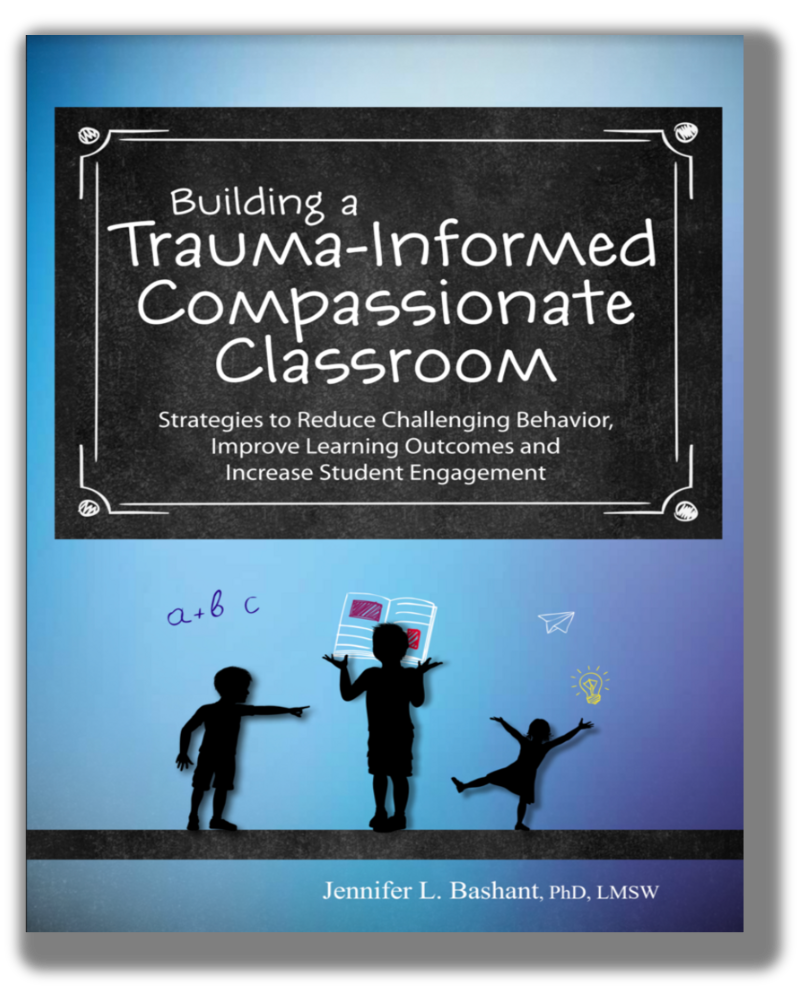
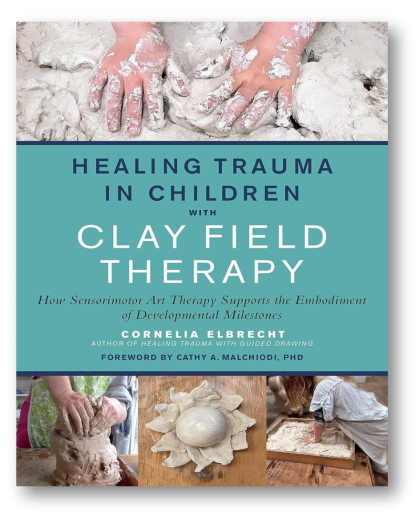
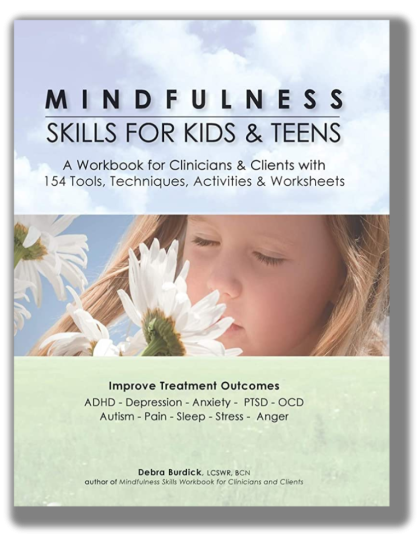
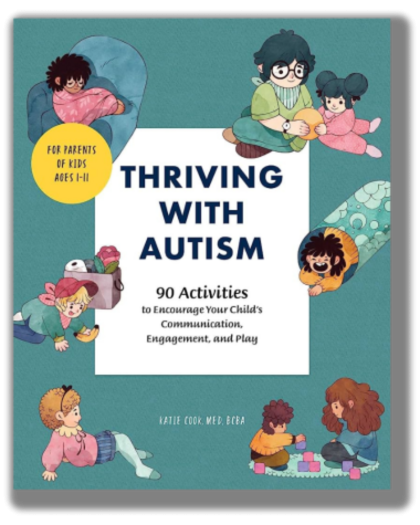
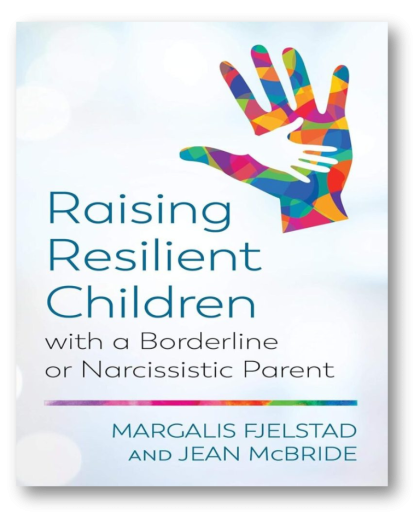
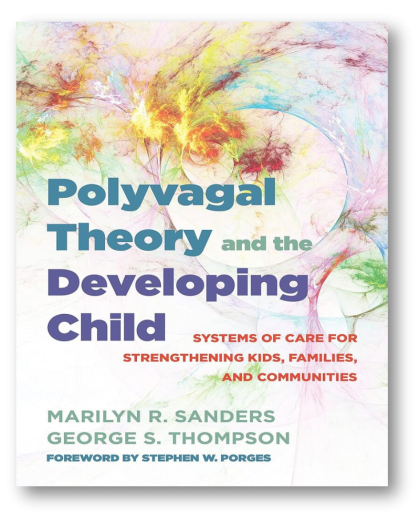

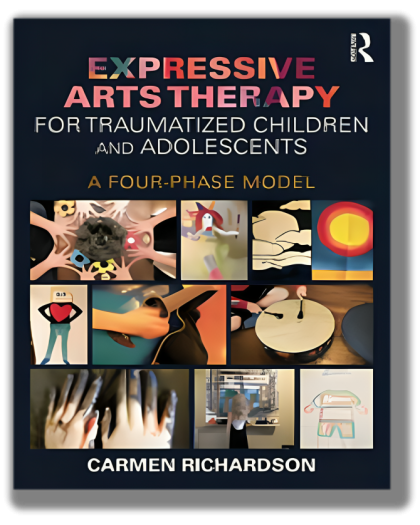
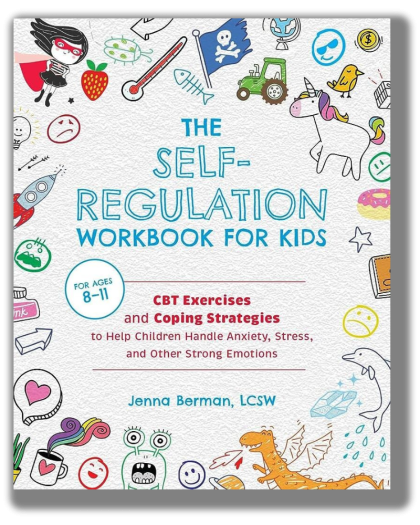

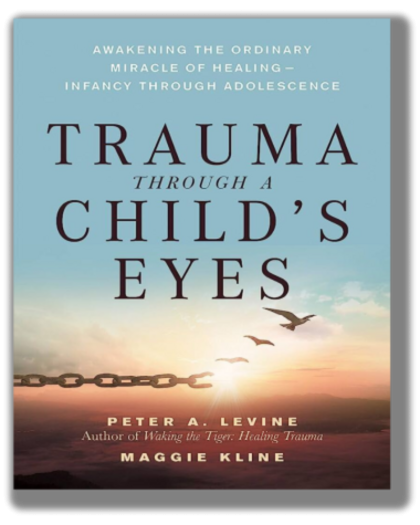
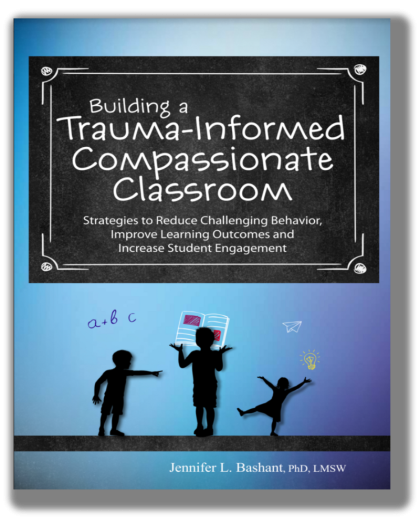
Finally a trauma book that isn’t only focused on theory and data. As teachers we know we have kiddos with trauma, this book gives you strategies and ideas to use with your whole class to support everyone.
Well written with good ideas for trauma based students
Although this was a quick read, it was packed with relevant information that action can be taken on immediately.
It’s worth noting while this book speaks of traumatized children such as sexual abuse and physical violence and such, trauma is experienced by every person. Trauma is unprocessed stress.
If you come from an affluent background, I would recommend the book “the Price of Privilege’ by Madeline Levine. There you will find ideas of dealing with trauma for a different class setting, yet the concepts are still the same as expressed in Jennifer Bashant’s book.
This is a must read book for all educators.
As a parent of a teen with ADHD, I’m always looking for productive way to deal with his inability to cope in some situations. This book not only gave me a better understanding of my child, but gave ACTIONABLE and simple tools that we could use at home and in school. I highly recommend it to parents as well as educators!
Jennifer Bashant’s book provides a comprehensive approach to create compassionate classrooms and a trauma-informed approach to schools. She captures the essence of Adverse Childhood Experiences (ACES), neuroplasticity of the brain and the profound impact that educators can make as change agents in the lives of students. The book offers practical activities for teachers, students and administrators to guide self-reflection and action plans. It provides a “we” approach and mentality inclusive of students, teachers, parents and administration to create understanding of ACES and awareness of best practices to develop authentic connections to our most hard to reach students. As an educational administrator for 20 years, I see many practical applications to utilize the book for professional development of educators, self-reflection of both students and staff and a resource to create a trauma-informed school.